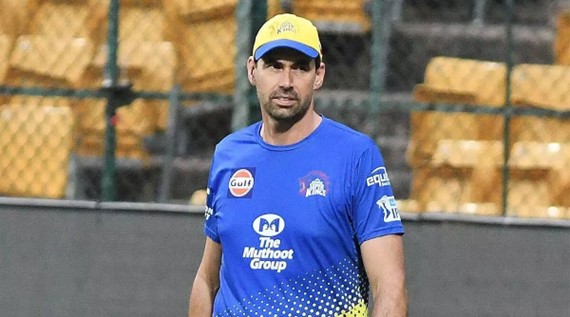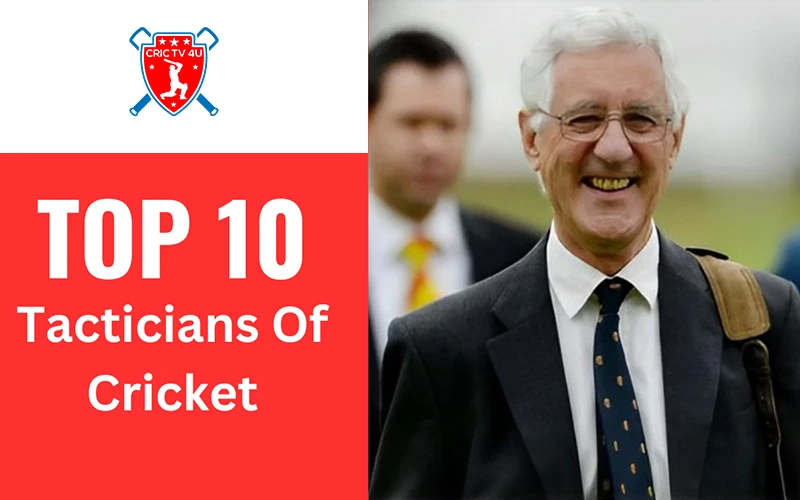Cricket involves not only physical prowess but also mental agility and strategic planning. A captain's ability to read the game and make tactical decisions can often be the difference between victory and defeat. Throughout cricket's history, there have been many great tacticians who have led their teams to success. These leaders have exhibited their expertise in cricket with strategic alterations in bowling and perceptive field placements. This list comprises the individuals who have left a lasting impression on the sport. We have compiled a list of the top 10 cricket tacticians who have made an unforgettable impact on the game with their shrewd strategic planning and excellent leadership abilities.
1. Sir Don Bradman
Sir Don Bradman, widely regarded as the greatest batsman in cricket history, was also a master tactician. Bradman's leadership and tactical acumen were instrumental in Australia's dominance in the 1930s and 1940s, as he led the team to a record-breaking 16 consecutive Test victories.
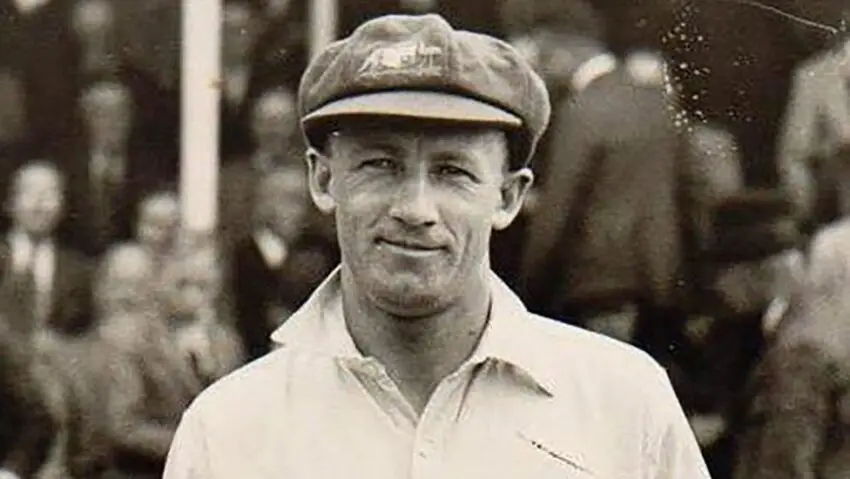
2. Richie Benaud
Richie Benaud was a legendary Australian cricketer and commentator known for his innovative captaincy and strategic thinking. He was instrumental in leading Australia to victory in the 1960-61 Ashes series, and his famous catchphrase "marvelous" became synonymous with his tactical acumen on and off the field.
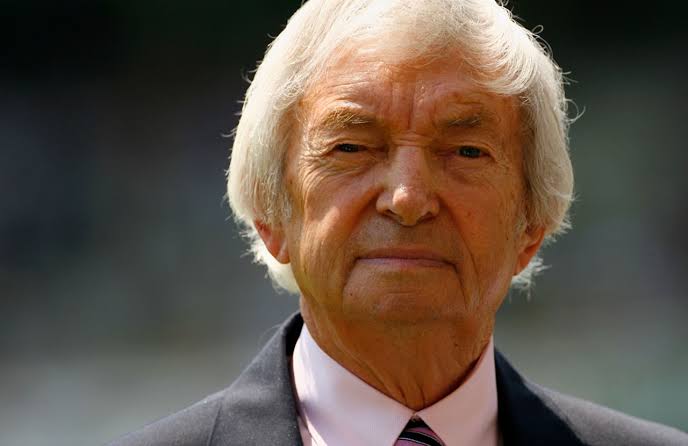
3. Steve Waugh
Steve Waugh, one of the most successful captains in cricket history, was a master tactician who believed in mental toughness and meticulous planning. He led Australia to victory in the 1999 World Cup and played a vital role in developing a winning culture within the team. His tactical acumen and leadership skills continue to inspire future generations of cricketers.
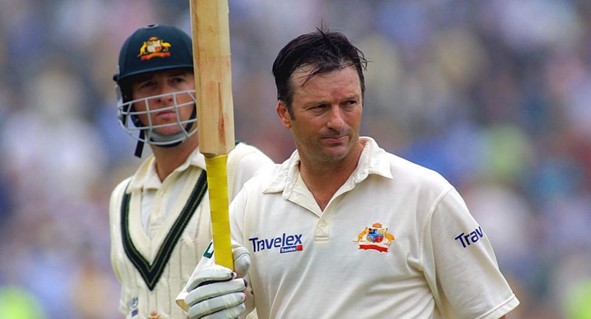
4. Clive Lloyd
As captain of the all-conquering West Indies team of the 1970s and 80s, Lloyd was a shrewd tactician who knew how to use his team's strengths to maximum effect. Even today, his impact as a brilliant cricket strategist is widely acknowledged and recognized.

5. Mike Brearley
Frequently acknowledged as the most exceptional skipper in English cricket history, Brearley was a master of the mental game. His ability to read the opposition and make subtle changes to his team's tactics was a major factor in England's success during his tenure.
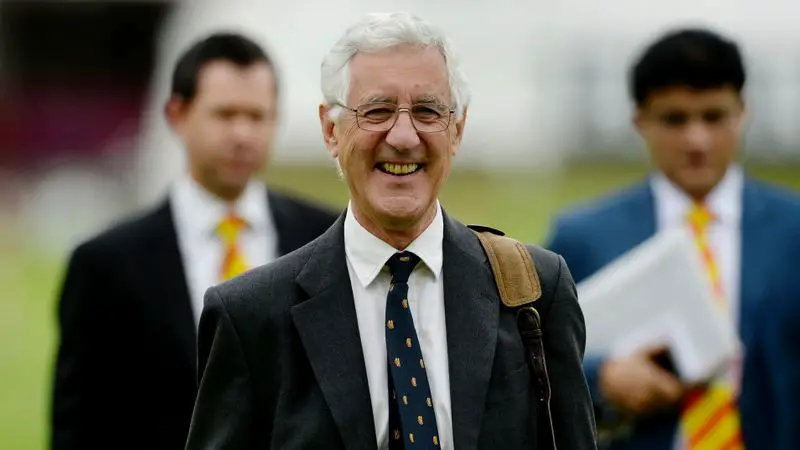
6. Mahela Jayawardene
Mahela Jayawardene, the former Sri Lankan captain, was a masterful tactician on the cricket field. He was known for his calm and composed demeanor under pressure. His talent for making clever decisions that could alter the course of the game to his team's advantage is widely recognized, cementing his place among the greatest cricket minds of all time. His leadership skills were instrumental in Sri Lanka's 2014 World T20 victory, and He remains highly esteemed as one of the most brilliant cricket strategists in history.
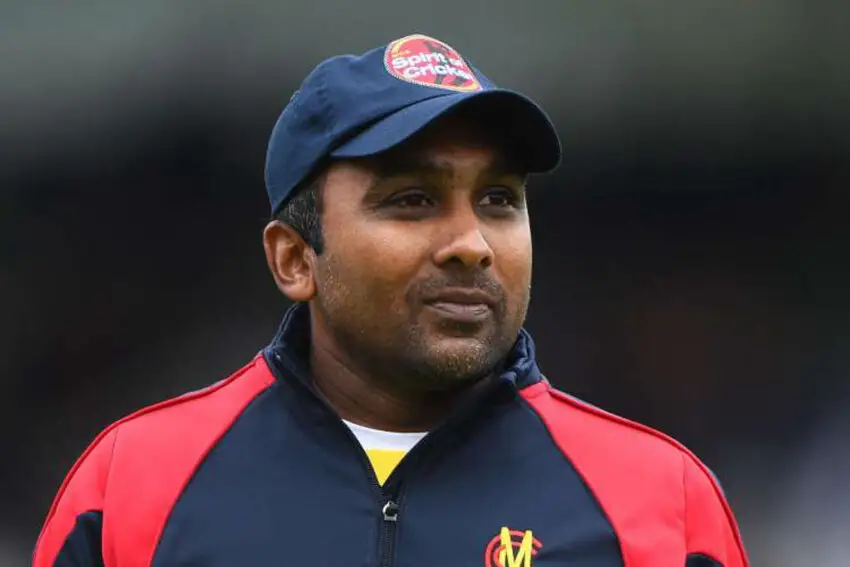
7. Ms Dhoni
Ms Dhoni is a former Indian captain and one of the most successful captains in cricket history. He is known for his calm demeanor and innovative strategies on the field. Dhoni is known for his impact in revolutionizing the position of a wicket-keeper batsman, leading India to triumph in various prestigious competitions such as the 2007 ICC World Twenty20 and the 2011 ICC Cricket World Cup.
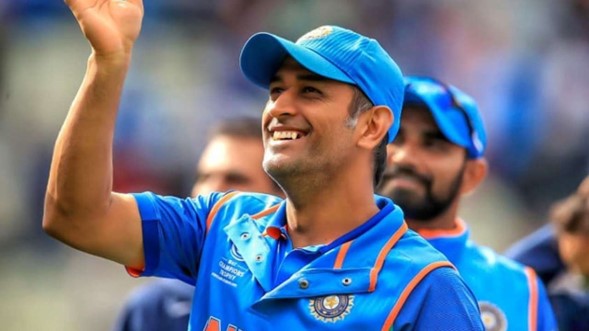
8. Imran Khan
Imran Khan, the ex-captain and all-rounder of the Pakistan cricket team, was highly acclaimed for his exceptional leadership skills and strategic brilliance. He led Pakistan to their first-ever World Cup victory in 1992, and his ability to read the game and make strategic decisions on the field was unmatched. He also introduced a new generation of fast bowlers to the game and revolutionized the sport in Pakistan.

9. Mark Taylor
As captain of the Australian team in the mid-1990s, Taylor was a master of the mental game. He knew how to get the best out of his players and was always willing to make bold tactical decisions to achieve success.
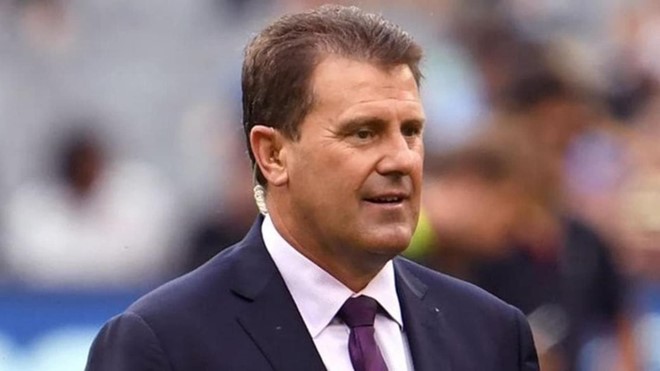
10. Stephen Fleming
As captain of the New Zealand team for nearly a decade, Fleming was a master of the tactical side of the game. He was known for his ability to read the game and make subtle changes to his team's tactics to gain an advantage.
